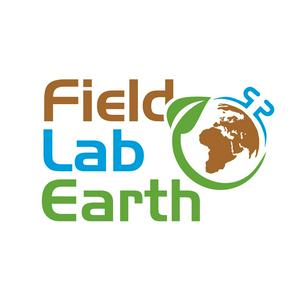Precision Turfgrass Management with Dr. Briana Wyatt and Dallas Williams
“Using electromagnetic induction to inform precision turfgrass management strategies in sand-capped golf course fairways” with Dr. Briana Wyatt and Dallas Williams Golf courses are well known for their beautiful greens, but overusing fertilizer and water to keep them looking pristine can lead to inefficient, expensive, and environmentally damaging waste. Precision turfgrass management can help, but only if we can find the right methods to put it into use. In this episode, Briana and Dallas join me to discuss their research on how electrical conductivity can be used to help determine golf course needs. Tune in to learn: · How many management zones might be in a fairway · How turfgrass type can effect electromagnetic induction correlations · Which properties are most correlated with electromagnetic induction readings · How researchers can get readings on large areas of a golf course fairway If you would like more information about this topic, this episode’s paper is available here: https://doi.org/10.1002/agg2.70020 This paper is always freely available. Contact us at
[email protected] or on Twitter @FieldLabEarth if you have comments, questions, or suggestions for show topics, and if you want more content like this don’t forget to subscribe. If you’d like to see old episodes or sign up for our newsletter, you can do so here: https://fieldlabearth.libsyn.com/. If you would like to reach out to Briana, you can find her here:
[email protected] If you would like to reach out to Dallas, you can find her here:
[email protected] Resources CEU Quiz: https://web.sciencesocieties.org/Learning-Center/Courses/Course-Detail?productid=%7bD35BC10D-F821-F011-9989-000D3A32C099%7d Transcripts: https://www.rev.com/app/transcript/NjgyNGU4NmRkZjIzY2FlOWRmYTQ4ZmEwV2Y5WFhuVTFpTnR3/o/VEMwODY4NTQyOTM4 TAMU turfgrass website: https://soilcrop.tamu.edu/research/turfgrass/ TAMU Department of Soil and Crop Sciences Facebook: https://www.facebook.com/tamusoilcrop TAMU Department of Soil and Crop Sciences Twitter: https://x.com/tamusoilcrop Thank you to our volunteer Om Prakash Ghimire for help with the shownotes and other assets. Thank you to Cole Shalk from 12twelve Media for the Audio Processing on today's episode. Field, Lab, Earth is Copyrighted by the American Society of Agronomy, Crop Science Society of America, and Soil Science Society of America.


